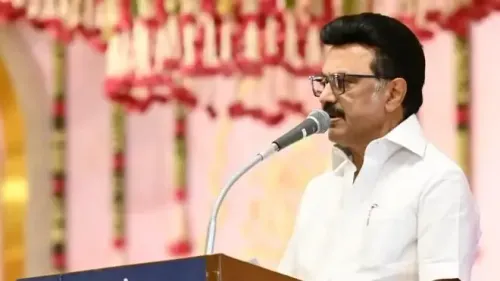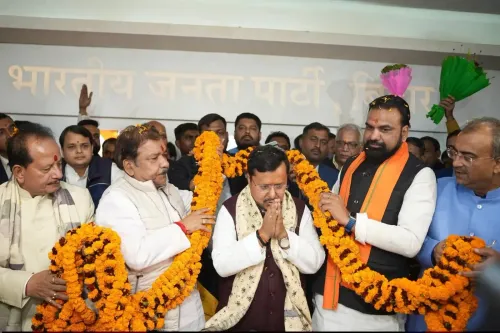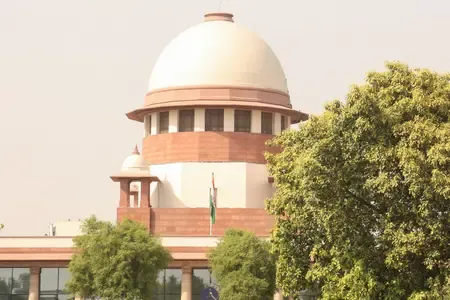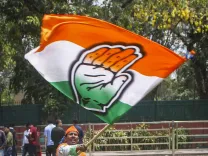Did PMK’s Anbumani Just Score a Major Victory as TN Govt Withdraws Private Universities Bill?
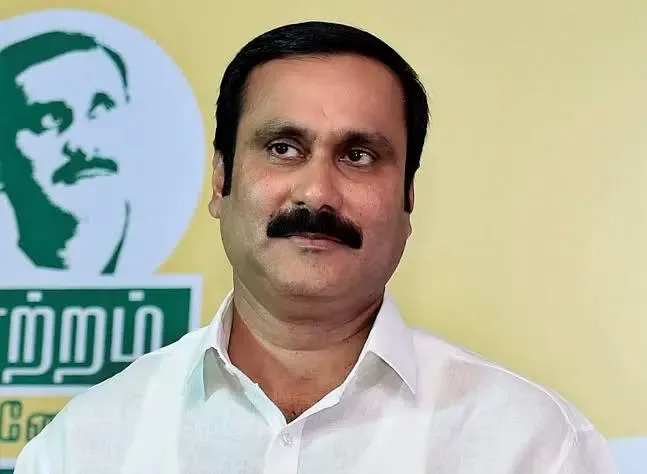
Synopsis
Key Takeaways
- The withdrawal of the Bill is a significant victory for social justice.
- Public opposition played a crucial role in the decision.
- The Bill could have had detrimental effects on educational access.
- Dr. Anbumani's stance reflects broader concerns about education commercialization.
- The implications of this decision will be felt in future elections.
Chennai, Oct 26 (NationPress) PMK leader Dr Anbumani Ramadoss praised the decision of the Stalin government to rescind the contentious Tamil Nadu Private Universities (Amendment) Bill, labeling it a "triumph for social equity" and a "public outcry against the commercialization of education".
In a strongly articulated statement, Anbumani indicated that the DMK government was compelled to retract the Bill due to extensive dissent from academics, activists advocating for social justice, professors’ associations, and various political factions.
“The DMK government, which previously opposed social justice, has now conceded to it,” he remarked.
The Bill, introduced in the Assembly on October 15, aimed to permit private self-financing and government-aided institutions to transition into independent universities.
Anbumani warned that the proposal would have caused "irreparable harm" to the educational framework and social fairness in Tamil Nadu.
“On October 16, I issued a comprehensive statement detailing how the amendment would commodify education, undermine social justice, and restrict access to higher education for the economically disadvantaged,” he added, mentioning that despite reservations, the government swiftly passed the Bill on October 17 via a voice vote without any debate.
Anbumani accused the government of intending to benefit affluent private institutions. “Had there been no pushback, the DMK government would have converted all private colleges into universities and permitted them to impose exorbitant fees,” he charged.
He cautioned that the amendment would have abolished reservations in engineering, arts, and science courses (excluding medicine), ceased government support to aided colleges, led to significant tuition hikes, and terminated salaries and benefits for staff in aided institutions.
“This would have turned colleges into corporate entities, depriving countless underprivileged students of affordable education,” he emphasized.
The PMK leader accused the DMK government of attempting to mislead the public even as it retracted the Bill.
“The government is now feigning that the Bill was proposed with noble intentions, but the public can clearly discern its duplicity,” he asserted.
Anbumani recalled that the DMK had previously enacted several laws undermining social justice and environmental conservation, including the 2023 Tamil Nadu Land Consolidation (Special Schemes) Act.
“The withdrawal of this Bill signifies an acknowledgment of wrongdoing. The citizens of Tamil Nadu will not forget such betrayals and will express their discontent in the upcoming Assembly election,” he concluded.



